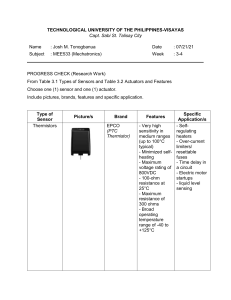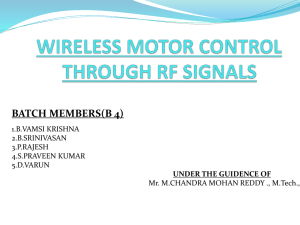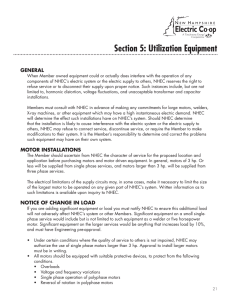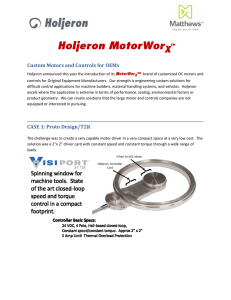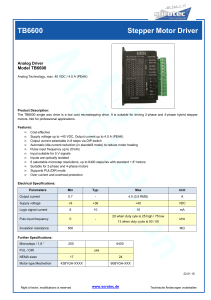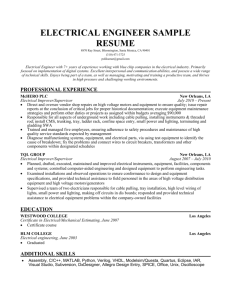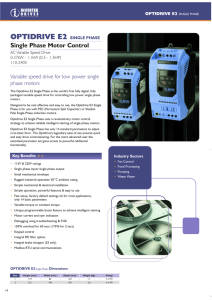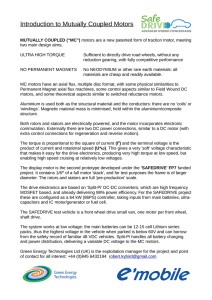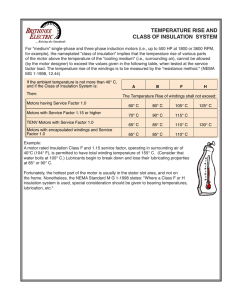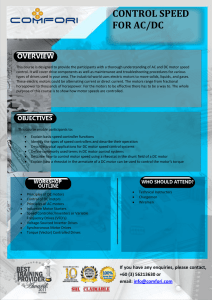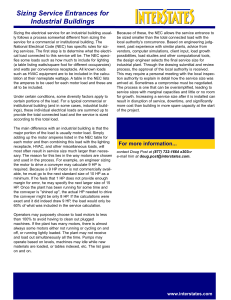mech
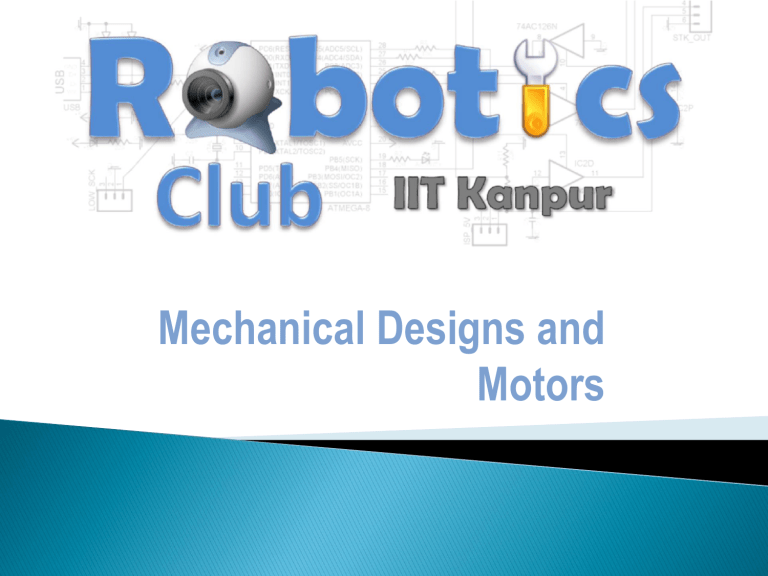
Mechanical Designs and
Motors
Robotics
Actuators
Motors (DC Motors,
Servo, Stepper,
Encoder)
Hydraulics
Mechanical aspects
Pneumatics
Basic structure
Microcontroller(Arduino)
Motor drivers(L293,
L298, MOSFET)
Remote control
(PS2, DPDT switches)
Mechanisms
Electronic aspects
An actuator is a type of motor for moving or controlling a mechanism or system. It is operated by a source of energy.
Types of actuators:
Electric motors
• DC motor,
• Servos,
• Stepper,
• Encoder
Pneumatics
Hydraulics
These are simple motors used for simple purpose.
Speed can be reduced by reducing the voltage supplied, however that’s not an efficient way of doing things.
Torque and speed are inversely proportional. Generally a 100rpm – 300rpm motor is used as the wheels of a robot .
Never apply voltage more than applied voltage.
Rated voltage is generally 6V, 12V or 24 V
Rigid bodies connected by joints in order to accomplish a desired force and/or motion transmission constitute a mechanism.
Gripping mechanism,
• Hands of a robot is referred to gripper.
Lifting mechanism
• Will be used to lift the gripper.
Rotation to linear motion
◦ Rack and pinion
◦ Power screw
◦ Conveyer belt
Rotation to rotation motion
◦ Gears(spur, bevel, worm etc.)
Rack and pinion
Power screw
Conveyer belt
Spur gear
Bevel gear
Worm gear
4-Bar mechanism:
◦ Ends stay Parallel.
◦ Good
◦ Universal
Roller gripper:
◦ Slow,
◦ Simple,
◦ Misalignment problem
Slow
Self Locking.
Pulleys
Sliders
4-Bar linkage mechanism
Scissor mechanism
They move linear
Combine pulley and sliders for lifting
Parallelogram mechanism.
Object moves parallel.
Omni wheel
ATV wheel
Wheels for plastic shaft motor
Mecannum wheel
